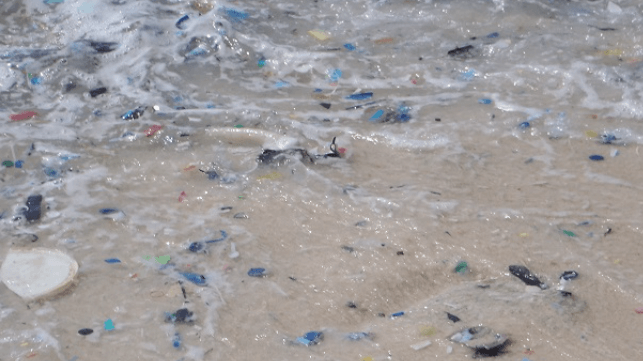A New "Blue Deal" for Ocean Sustainability

The fourth edition of the UNCTAD-led Oceans Forum was held in Geneva last week. It was a precursor to the upcoming 2022 UN Ocean Conference in Lisbon, slated to start on June 27.
The proceedings of the Forum will help put together a “Blue Deal” to create a sustainable and resilient ocean economy. In the face of increased plastics pollution and carbon emissions, the health of the ocean has been deteriorating, and the Blue Deal hopes to foster a healthy ocean economy that benefits all.
The coalition behind the forum consisted of UNCTAD, FAO, UNEP, the Commonwealth Secretariat, Organization for African, Caribbean and Pacific States (ACP), the Development Bank of Latin America and the International Ocean Institute.
As the world embarks on post-COVID-19 recovery, “this is the perfect time to set a new direction by investing in sustainable ocean based economies,” said UNCTAD Secretary General Rebeca Grynspan. But this recovery is going to involve a giant investment push, and the ocean is woefully underfunded.
“SDG-14 (Life below Water) is the least funded of all SDGs (Sustainable Development Goals), representing 0.01 percent of all SDG funding from the official development assistance (up to 2019), and 0.56 percent of all SDG funding from philanthropy (2016 to 2020). It is also the least reported of all SDGs,” noted Patricia Scotland, the Secretary General of the Commonwealth.
In addition, the ocean is almost nonexistent in climate-change funding, accounting for less than 2 percent of the Green Climate Fund and only 0.7 percent of the Global Environmental Facility Funding.
Nevertheless, accelerating policy action to mitigate plastics pollution in the ocean and overfishing can help cut the demand for massive funding required to restore degraded marine ecosystems.
Although last month there was a breakthrough in negotiations for a global legally binding treaty on plastics pollution, the resolution does not mention trade explicitly.
“We need to look at tackling the problem of marine litter and plastic pollution from every possible angle. That includes the trade angle. The rapid expansion of global trade has undoubtedly contributed toward our collective plastic problem. But trade can also be part of the solution,” said Simon Manley, Ambassador of UK and Northern Island to the United Nations Office.
Primarily, enhancing capacities of countries for material shift, substituting plastics with environmentally friendly materials could prevent 17 percent of projected plastic waste generation by 2040. This represents 71 million tonnes of avoidable macroplastic waste. As a context, approximately 12 million tons of plastic waste leaks into the ocean annually.
Another trade tool to deal with plastics pollution without having to raise extra funding is a global review of fossil fuel subsidies. This is a factor in determining production of plastics, their pricing and ultimately consumption. Currently, $5 trillion is spent globally on fossil fuel subsidies each year.
It is the same concept with the massive government subsidies to the fishing sector. Policies that directly lower the cost of fishing have the most potential to encourage unsustainable levels of fishing activity.
